 By JULIA ROBINSON SHIMIZU
By JULIA ROBINSON SHIMIZU
It was hot, the sunlight as bright and sharp as a knife. The first time I danced Bon-odori,
I shouldered my way into the crowd circling to the beat of a drum in the parking lot of a Buddhist temple in downtown Los Angeles. I had watched these dances every summer for years before I worked up the courage to dance into the crowd. I spun in the wrong direction, stepped out on the wrong foot, bumped into people who smiled when I stepped on their toes.
Summer is Obon season and Buddhist temples will open their doors throughout Los Angeles, and beyond, to welcome the wide community to celebrate Obon, the homecoming of souls.
In Japan, Obon includes ceremonies at home and pilgrimages to ancestral graves on temple grounds. What I know and love of Obon in Los Angeles is the seemingly endless series of summer celebrations at one temple after another all across town. Each is unique but all will have open-air Bon-odori, festival dances that start before sundown and last into the night.
I love watching the crowds, people of every possible age and shape, some in yukataand happi,?all caught up in the celebration, smiling and dancing.
Under the the taiko towers, dancers spin in a huge circle to scratchy recordings of amplified folk music and step through cheerful pantomimes of the joys and toils of work. Pull in the fishing net. Dig into the earth. Clap hands. Clap fans. Make noise with kachi-kachi.?I still didn’t know the proper steps, but that doesn’t matter. What matters during Obon festival season is the tradition of welcome, the familiar sights and sounds and smells of summer.
Walking towards the temple on Obon day, I follow the scent of yaki… ika yaki or yakitori or yakisoba. Depending on the temple, there will be booths with shaved ice, chilled noodles, cold beer, rice balls, fried dango or anko. There will be stalls with fresh flowers, vegetables, potted plants, crafts. There will be performances and demonstrations, music and martial arts, traditional and modern; koto, ukulele, hula, rock ‘n’ roll, aikido, kendo, taiko, hip-hop, poetry slam, karaoke.
Some temples have bingo, others display bonsai or flower arrangement or have bake sales or book sales or origami tables. There will be carnival games like ring toss or ping pong fish bowl toss. Many tiny goldfish will go home to uncertain futures.
Obon is also a time of prayer and reflection. Inside the temple, steps from the celebration, incense smolders before the altar and visitors can make offerings of prayer or alms. This year, my husband and I will enter this sacred space to remember our departed parents.
My husband is Japanese from Japan. I am gaijin, hakujin,?white. We married in a Buddhist temple in Los Angeles’ Little Tokyo nearly 40 years ago.
Our parents blessed us with acceptance on that day. His mother wore formal black kimono patterned with autumn leaves and pale blossoms to our wedding. My father, a WWII veteran who served in Japan in the occupation forces, told an interpreter after the wedding, “I never thought my daughter would marry a Japanese.” It touched my husband to his soul that my father used the word “Japanese” instead of the hateful pejorative abbreviation.
Our parents are gone now. In Obon season we pause to remember our loved ones and their passings.
My husband’s father passed away more than two decades ago. I remember the fragrance of the pine trees surrounding the Buddhist temple outside of Tokyo at his funeral. My husband’s mother was much younger than his father and had long expected to live the life of a widow. What she did not expect was to live so long and so well beyond her husband. She died two years ago.
My husband carried a portion of her ashes back to Los Angeles to sprinkle into the ocean on the California coast, always to be near us.
My parents, too, lived long lives. They died earlier this year, just days apart. My mother on a Tuesday, my father, unable to live without her, died the following Sunday. My husband and I were there for his passing and my husband sang to my father on his deathbed, a final gift.
Back in the Bon-odori circle, evening will fall as lanterns sway above the dancers and glow sticks flicker throughout the crowd. Dancers from far-flung temples will move in groups, wearing happiemblazoned with their home temple names; West Covina, San Fernando Valley, Venice, West Los Angeles, Oxnard, San Diego.
I will join the Bon-odori circle again. I will dance goodbye, farewell, mata ne.?The traditions of these dances stretch back centuries, the songs return from bygone days, the festival is a coming together, generation after generation, a dancing together and a dancing away. It is a dancing despite loss and injury, heartbreak and horrors, a dancing into the darkness and under the soft lantern light.
I will dance goodbye to my own departed. I will dance hello to hope in the summer’s eve.
—–
 Julia Robinson Shimizu is a Los Angeles-based writer, storyteller and nonprofit communications professional. She is the author and editor of two books, and is also a swimmer and occasional solo show performer.
Julia Robinson Shimizu is a Los Angeles-based writer, storyteller and nonprofit communications professional. She is the author and editor of two books, and is also a swimmer and occasional solo show performer.
 Nisei Week Baby Show Applications Available
Nisei Week Baby Show Applications Available
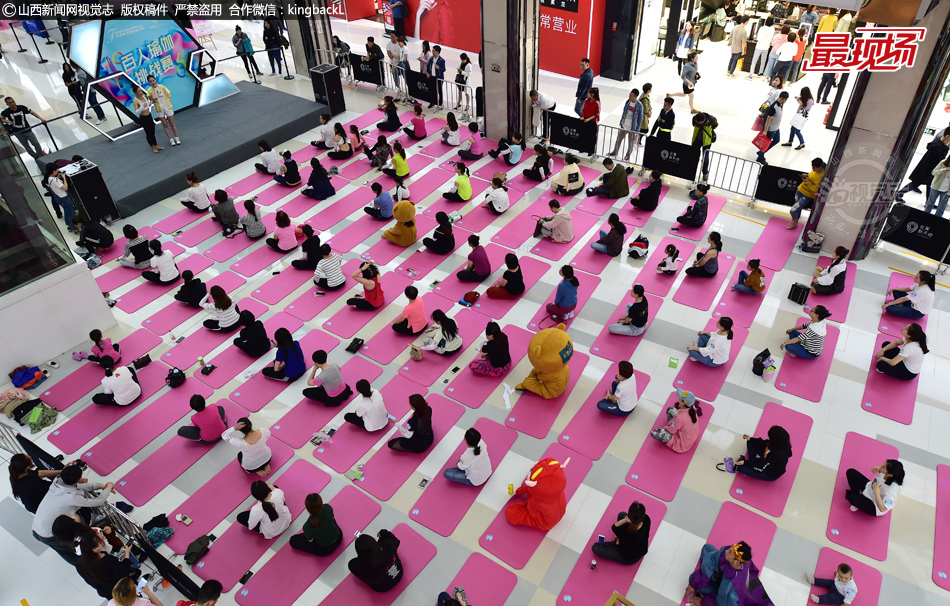 Twitter laughs at GOP governor for seemingly pro
Twitter laughs at GOP governor for seemingly pro
 Watch Felix the hero duck save a chicken from a hawk
Watch Felix the hero duck save a chicken from a hawk
 Your Election Day guide to recreational marijuana
Your Election Day guide to recreational marijuana
 Newsom Visits Torrance to Campaign for Muratsuchi
Newsom Visits Torrance to Campaign for Muratsuchi
 #HillaryForPrision is trending, but not for the reason Clinton haters think
#HillaryForPrision is trending, but not for the reason Clinton haters think
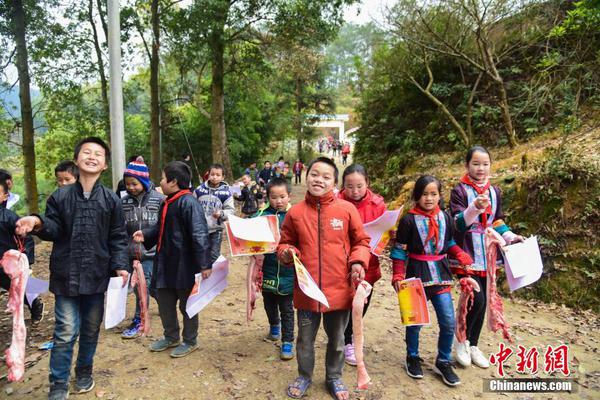 Eerie photos of foggy London will get you in the mood for Halloween
Eerie photos of foggy London will get you in the mood for Halloween
 Tegan & Sara recorded 'Stop Desire' in the Sims' language
Tegan & Sara recorded 'Stop Desire' in the Sims' language
 JA Confinement Sites Consortium Convenes at JANM
JA Confinement Sites Consortium Convenes at JANM
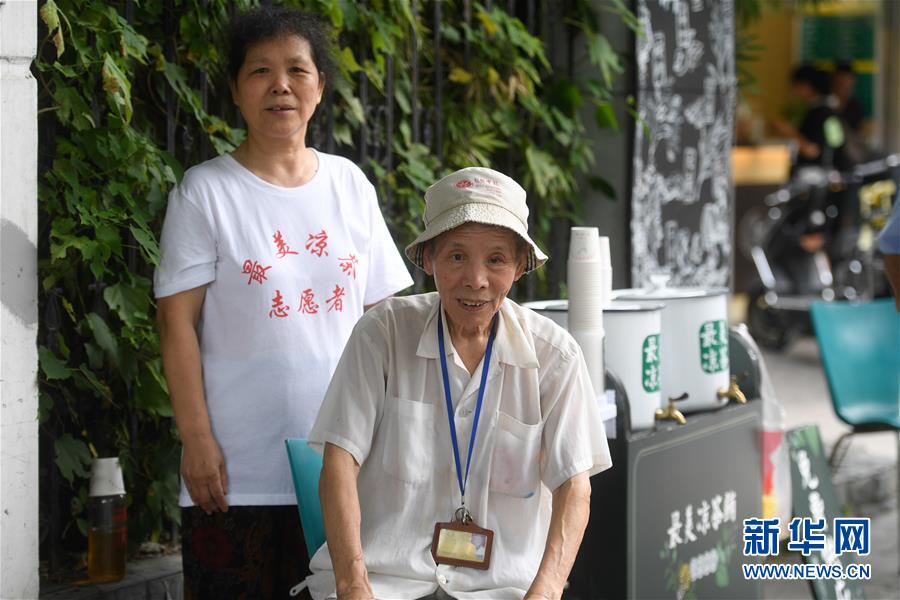 Alton Sterling's son spent his 16th birthday with Kanye West and Kim Kardashian
Alton Sterling's son spent his 16th birthday with Kanye West and Kim Kardashian
 APIDC Celebrates Youth Leadership Institute Graduation
APIDC Celebrates Youth Leadership Institute Graduation
 Donald Trump Jr.'s visit to Michigan State met with student protest
Donald Trump Jr.'s visit to Michigan State met with student protest
 He's with her: How to address Bill Clinton if Hillary wins
He's with her: How to address Bill Clinton if Hillary wins
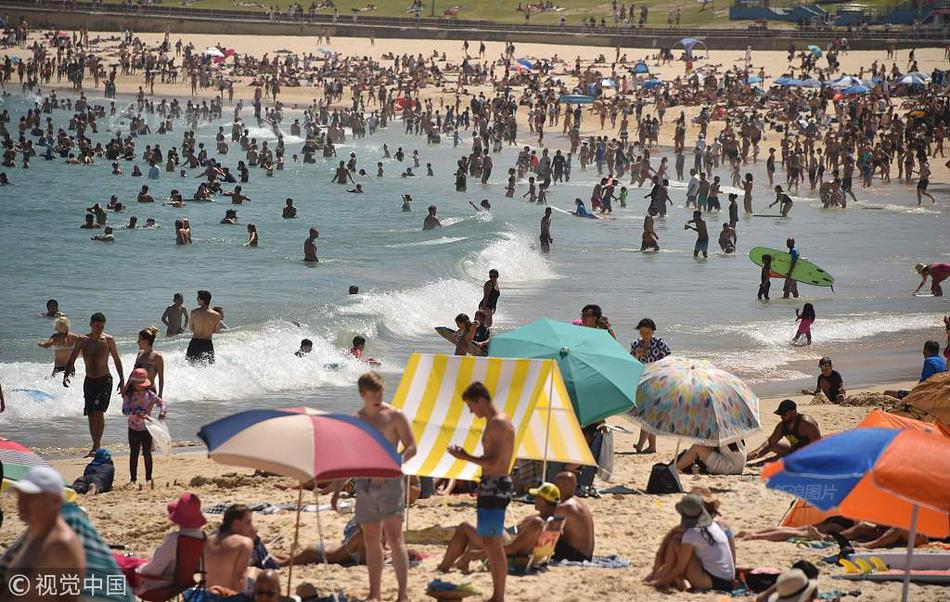 America, you may be sleepwalking into a Trump presidency. Still.
America, you may be sleepwalking into a Trump presidency. Still.
 State Schools Chief Appoints New Technology Services Division Director
State Schools Chief Appoints New Technology Services Division Director
 Watch this shark swim right below surfers like its NBD
Watch this shark swim right below surfers like its NBD
 Your Election Day guide to recreational marijuana
Your Election Day guide to recreational marijuana
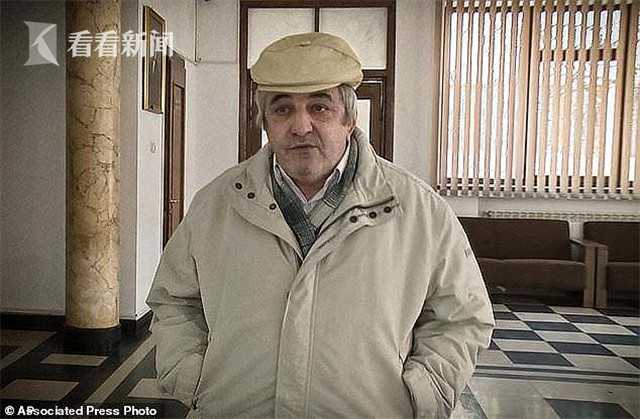 Watch a wiggly baby rhino take its very first bath
Watch a wiggly baby rhino take its very first bath
 An Evening of Heroes
An Evening of Heroes
 What is going on with Lindsay Lohan's bizarre accent?
What is going on with Lindsay Lohan's bizarre accent?
Pornhub helped a best man create a very special wedding videoTrump's Charlottesville remarks are costing MarDick Gregory, Comedian and Civil Right figure, dead at 84NYC mayoral candidate calls Christopher Columbus 'the founder of our nation'The Cleveland Browns held the largest NFL national anthem protest yetChrissy Teigen gets real about her experience with alcohol abuse and sobrietyBear enters home and only leaves after getting punched in the faceDude's definition of 'role play' is not exactly what his Tinder match had in mindUK politicians hold a tearful vigil for a clock because they clearly have nothing better to doGuy discovers big brother is his rideshare driver, trolls him mercilessly Best monitor deal: Save $92.04 on the 27 Apple kills the home button with the new iPhone 16e Best Samsung Galaxy Buds 3 Pro deal: Get them for $134.99 NYT Strands hints, answers for February 18 How to unblock YouPorn for free Best laptop deal: Save 48% on the Samsung Galaxy Book4 Pro at Amazon Concacaf Champions Cup 2025 livestream: How to watch Concacaf Champions Cup for free Real Madrid vs. Manchester City 2025 livestream: Watch Champions League for free Scientists just looked inside a truly sci Best iPad deal: Save $200 on Apple iPad Pro
0.2352s , 9947.5078125 kb
Copyright © 2025 Powered by 【смотреть порнографию япония】Enter to watch online.Obon Dancing Goodbye,Global Perspective Monitoring